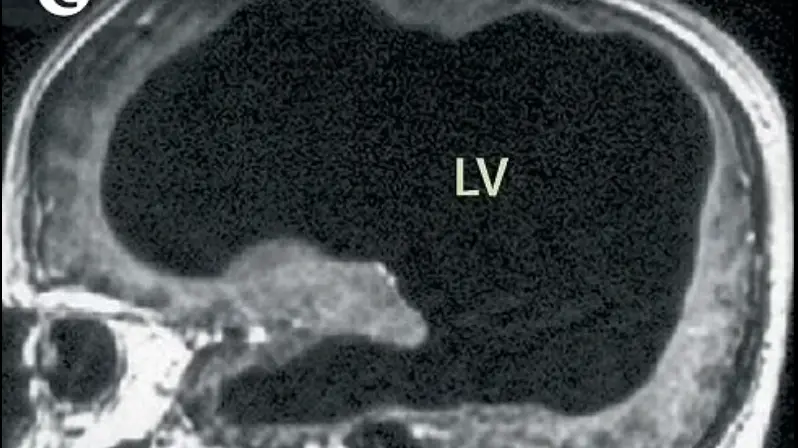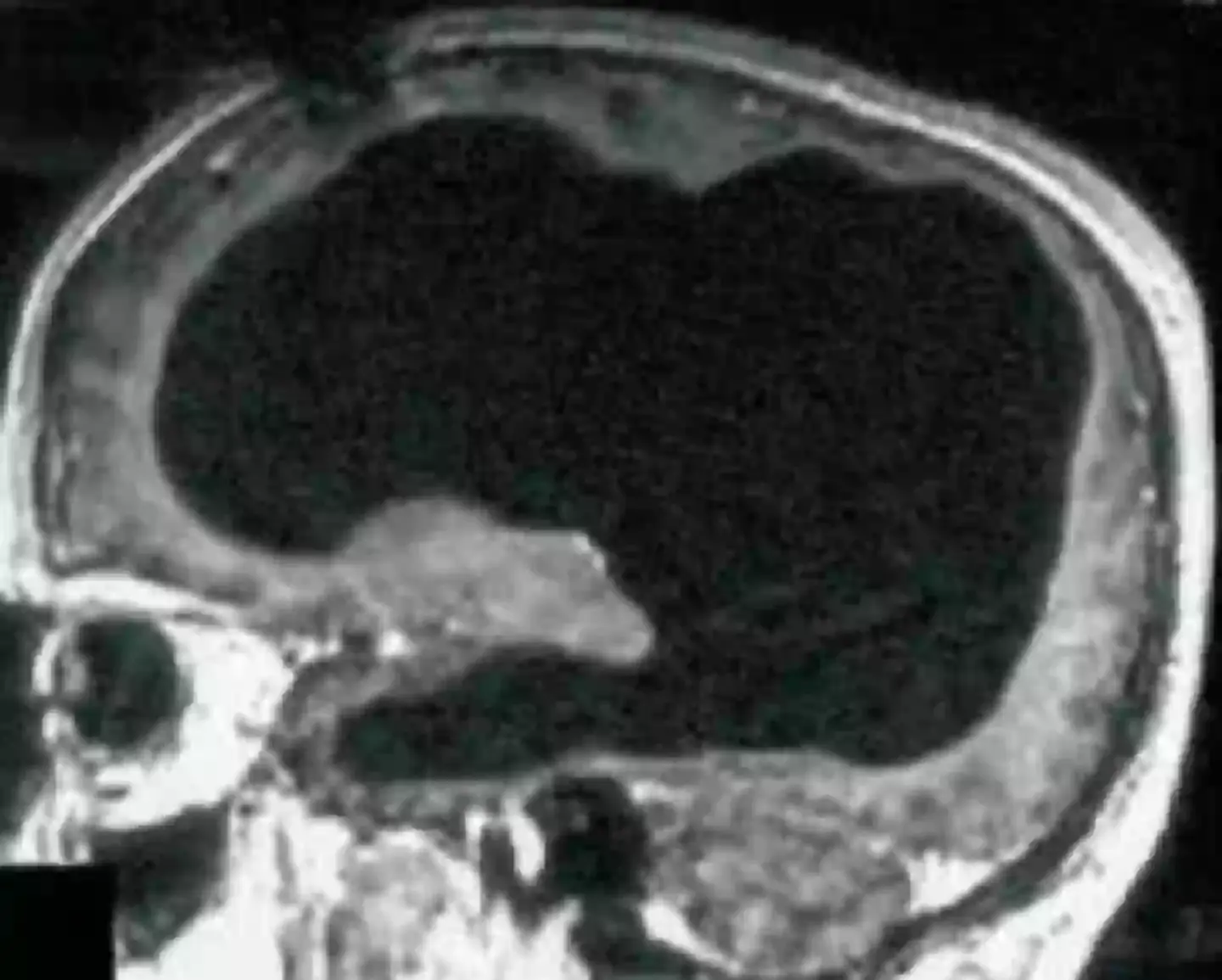
This discovery stumped scientists who had to revaluate what we know about the brain and its connection to the rest of the body.
Might as well get this out of the way in the first line, it is a MYTH that you only use 10 percent of your brain.
While that has been firmly dismissed by scientists across the globe, it is true that there is still so much that we don't know about the brain.
But most would agree that losing half of yours is quite a problem. Well not necessarily, at least it wasn't for this anonymous French man who seemed to live his life with no issue.
Advert
The then 44-year-old man initially went to the doctors after noticing a mild pain and weakness in his leg for about two weeks, so wanted to make sure it wasn’t anything too serious.

Having pains in your leg is very common, and is often attributed to muscle strain, arthritis or harder to spot issues, like in this case.
I can only imagine his shock when the man was he was missing more than half of his brain.
Instead, the man’s skull was essentially full of liquid with just a thin layer of brain tissue left. The condition even has a name and is known as hydrocephalus.
Cognitive psychologist Axel Cleeremans explained the story in the journal and said: “He was living a normal life. He has a family. He works. His IQ was tested at the time of his complaint. This came out to be 84, which is slightly below the normal range … So, this person is not bright."
The man, who thankfully was saved any ridicule by having his identity kept confidential, lived his entire life without thinking anything was wrong with him.
A scan of his brain showed just how much... well, empty space there was.

Doctors believe most of his brain was slowly destroyed over 30 years by the build-up of fluid in the brain due to his condition.
Interestingly, he'd been diagnosed with it as an infant and treated with a stent, but it was removed when he was 14 years old, and since then, the majority of his brain seems to have been eroded.
But this did raise questions as to how we think about consciousness. In the past, researchers have suggested that consciousness might be linked to various specific brain regions.
However, stories like this have lead scientists to different theories that argue it's unlikely that one specific region on its own is going to be responsible for consciousness.
Some have even gone as far to suggest that adult brains are more adaptable than we previously thought and can make different parts of the brain take on new roles in case of injury.
Topics: Health